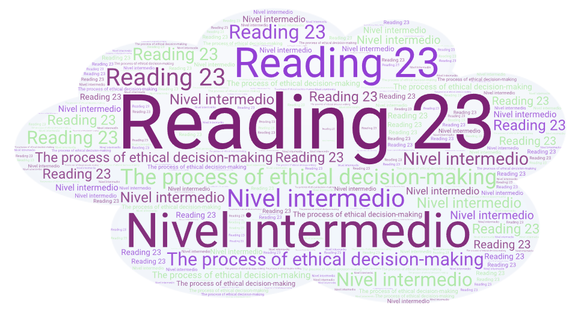Descripción: En el proceso de toma de decisiones éticas, es esencial considerar valores y principios. Descubre cómo tomar decisiones éticas y luego pon a prueba tus conocimientos con un cuestionario relacionado.

The Process of Ethical Decision-Making
Ethical decision-making is a crucial aspect of our daily lives, influencing the choices we make and the impact we have on others and society as a whole. This process involves a series of steps and considerations that help individuals determine what is morally right or wrong in a given situation. Let's delve into the process of ethical decision-making.
To begin with, ethical decision-making typically starts with recognizing a moral issue or dilemma. This recognition is often triggered by a situation that challenges our values, principles, or beliefs. Subsequently, we move on to gathering information and understanding the context of the problem. Additionally, we must consider the consequences of our actions.
Once we have gathered sufficient information, the next step in the process is to identify and evaluate different options or courses of action. Afterward, it's essential to consider ethical principles and guidelines, such as honesty, fairness, and respect for others. Furthermore, consulting with others and seeking diverse perspectives can provide valuable insights.
The third stage involves making the actual decision. At this point, individuals need to weigh the pros and cons of each option and determine which one aligns best with their ethical values and principles. Furthermore, they should reflect on their long-term goals and the potential impact on others.
After making a decision, the next step is to take action. This means putting the chosen course of action into practice and following through with it. Additionally, it is crucial to monitor the outcomes and adjust the approach if necessary.
Finally, ethical decision-making does not end with the action taken. It is essential to reflect on the process and the results. Subsequently, individuals can learn from their decisions and use this knowledge to make better ethical choices in the future. Furthermore, seeking feedback from others can provide valuable insights into one's decision-making process.
